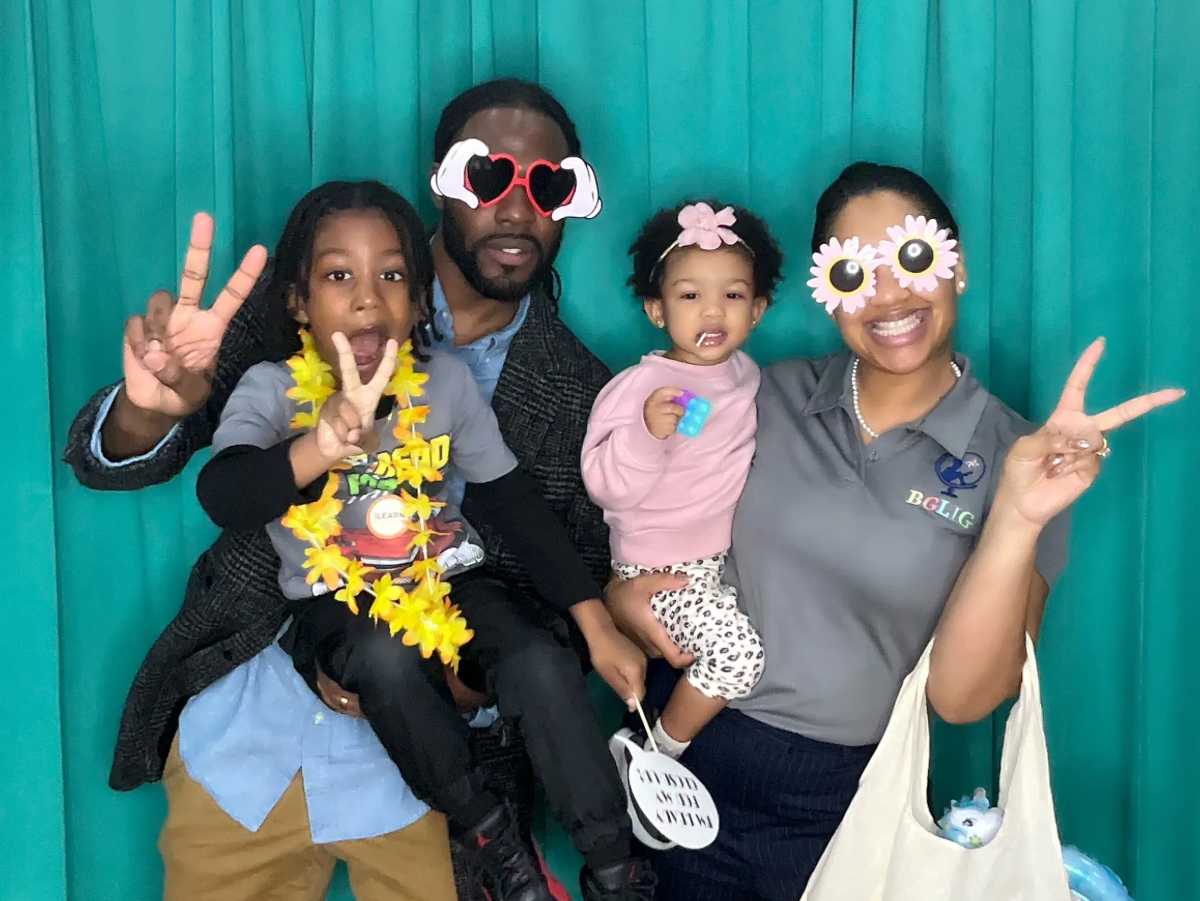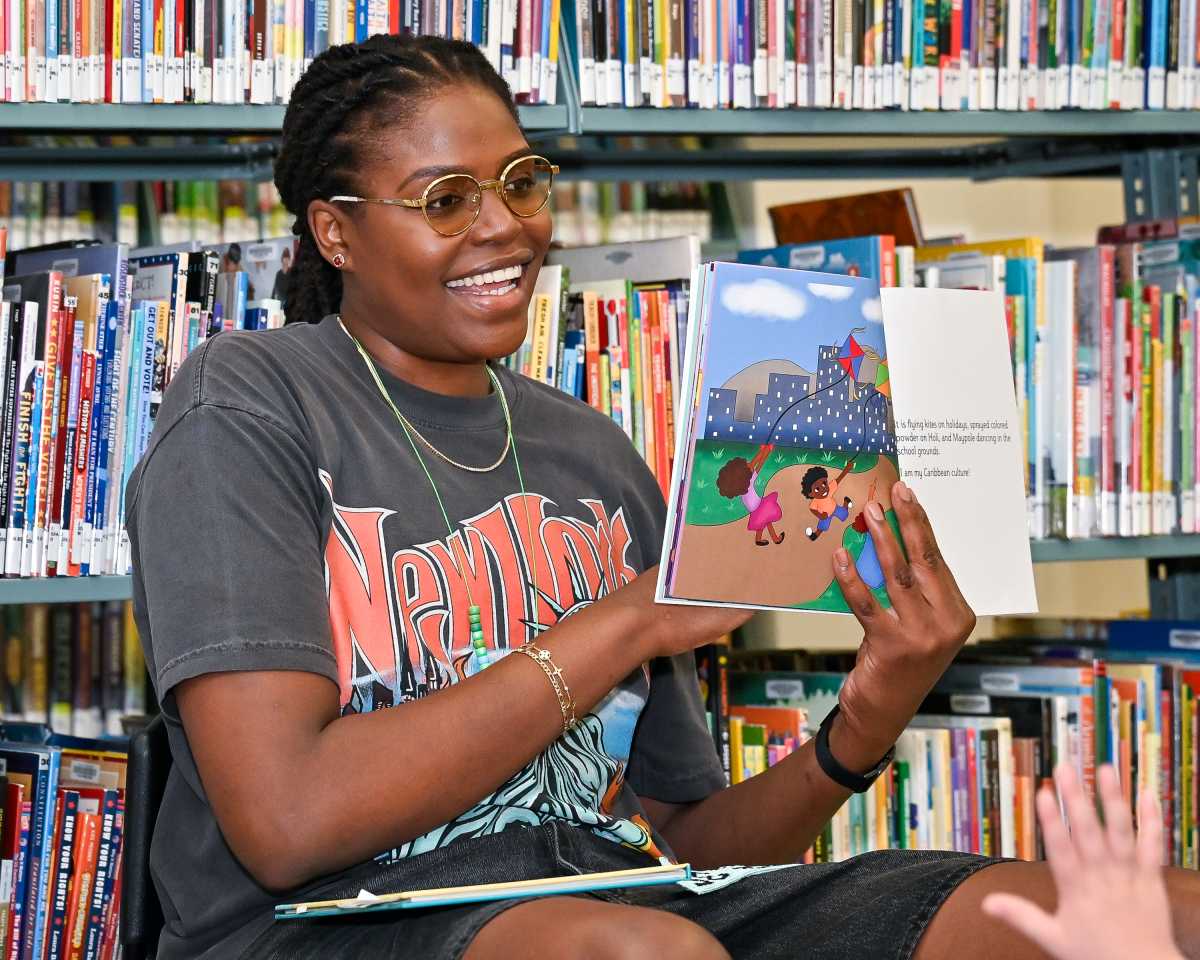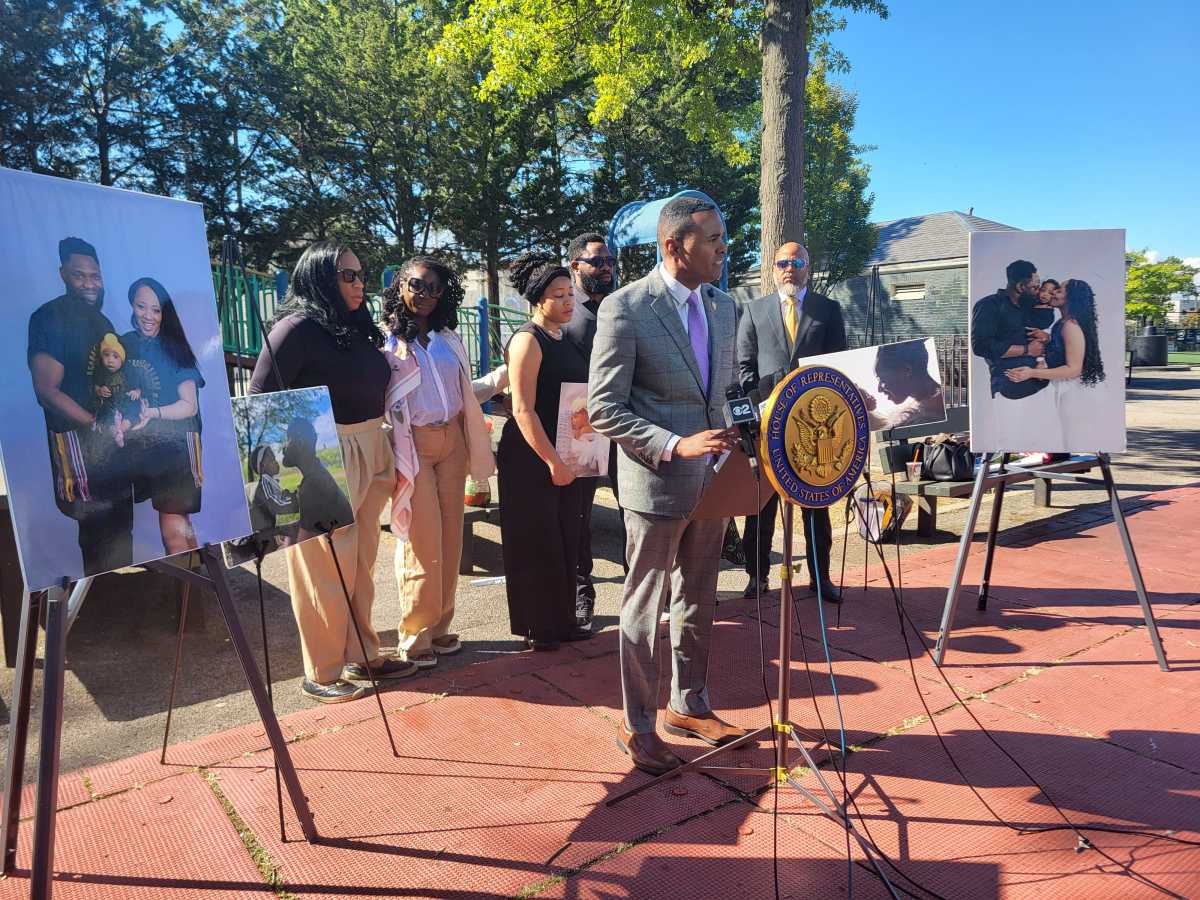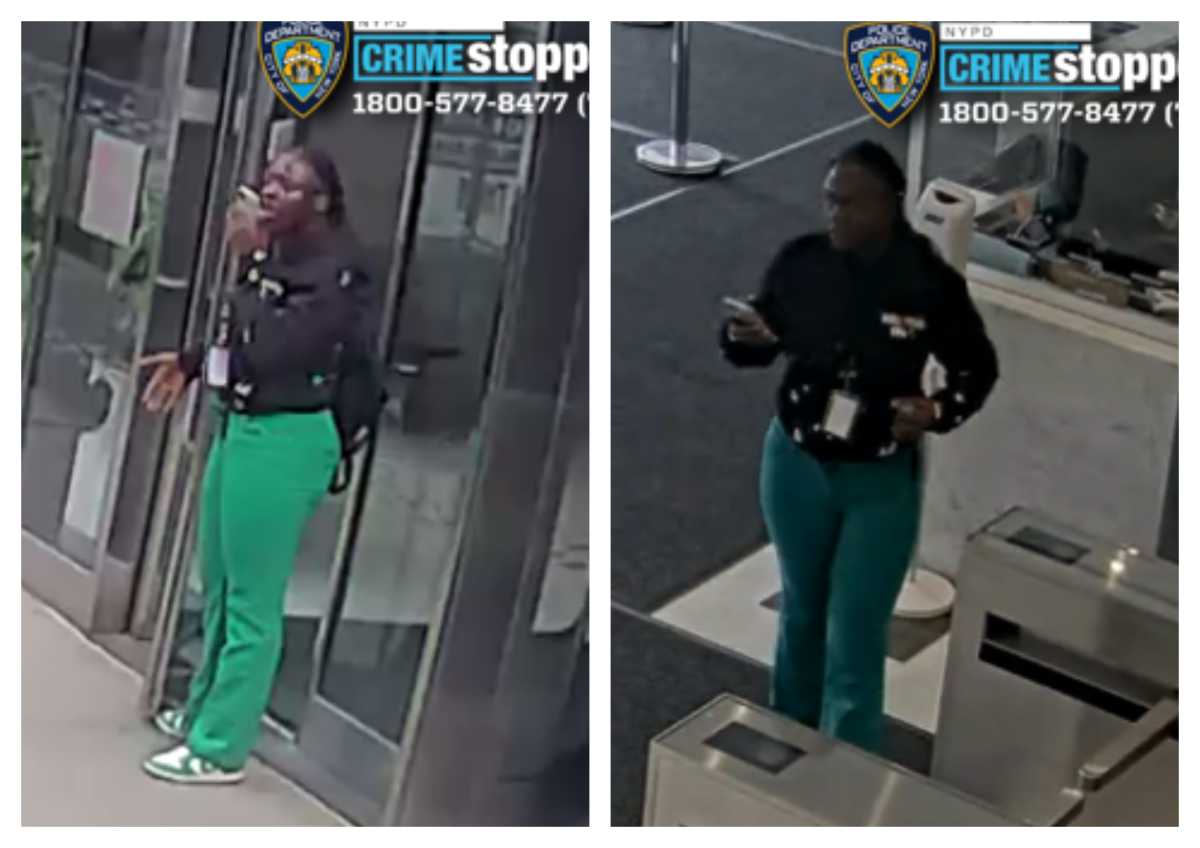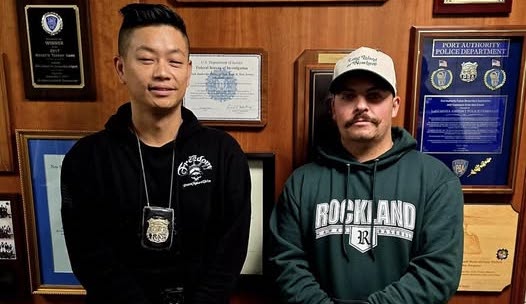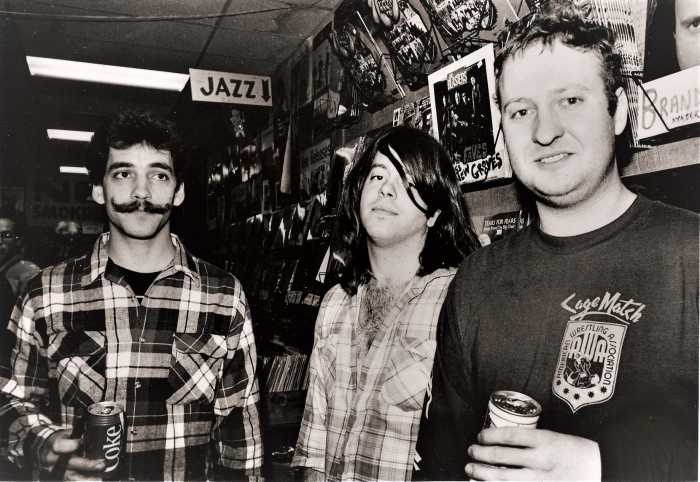The documentary, Black Table, follows the story of the largest class of Black students at Yale in the 1990s against a backdrop of racial unrest. The documentary premiers at this year’s Tribeca Festival as Tribeca’s 2024’s Spotlight Documentary, almost a year after the Supreme Court decided to end affirmative action.
As members of Yale’s class of 1997, the documentary was a special project for directors Bill Mack and John Antonio James.
“The black table is a trope that exists in elementary school, middle school, high school, college and the workplace. It’s something that everyone is familiar with,” said Mack. “You’re either part of it or you’re an outsider wondering what’s going on there.”
The film interweaves the anecdotes of Yale’s students: Imani Perry, Wesley Morris, Sheldon Gilbert, Aimee Allen, Patricia J. Williams, Dr. Beverly Daniel Tatum, Neal Katyal and others with the social and cultural phenomena undergoing in the U.S. at the time.
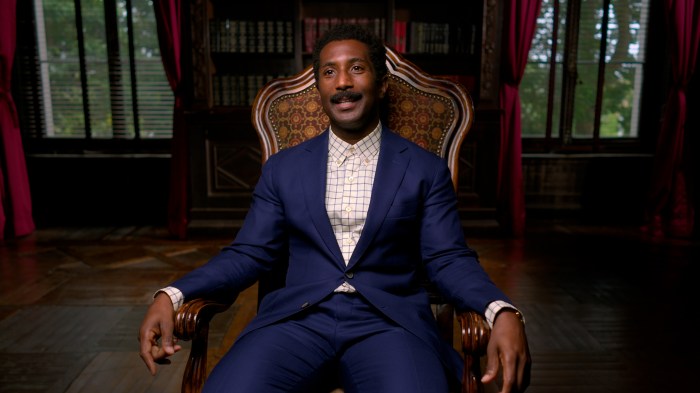
The O.J. Simpson trial, Rodney King and the riots that followed, and an attack on Black students by the owners of Naples Pizza, a restaurant at Yale.
For these students, the Black Table at Yale’s dining hall served as a sanctuary.
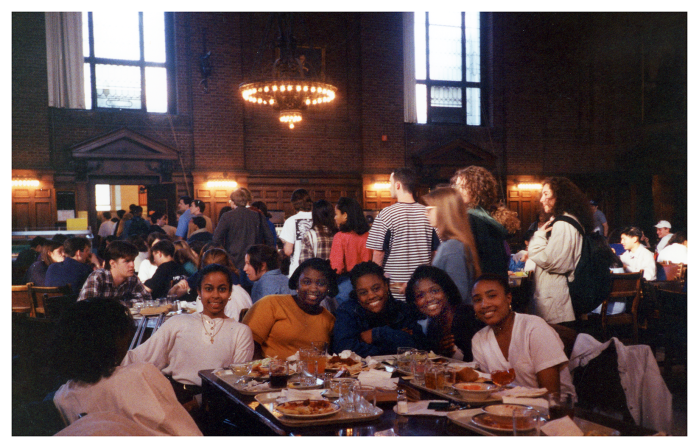
“The black table was a kind of hastily connected series of tables that the Black students at Yale would bring together and they created this space within the cafeteria,” said James.
A safe place where students connected as defining moments that not only shaped the country’s history but affected each member of the table.
While affirmative action was not the main topic of the documentary, it “came into play because the mid 90s was a high watermark point for Black and Brown student enrollment in these very elite institutions,” said James.
The film highlights how Black and Brown students were often questioned about the validity of their achievements.
“It [affirmative action] wasn’t bringing in just the average Black person up against the highest achieving white person, it was actually taking the most talented Americans, who happened to be Black and putting them into the equation,” said Mack.
Coincidentally, almost 25 years after Yale’s graduating class of 1997, affirmative action was revoked.
The directors hope to convey the message that affirmative action was granted based on merit and it did not take “a spot that didn’t belong to you,” said James.
Mack also hopes that the film serves as a memoir for everyone that has ever sat at a black table to fondly remember and “say, yep, that’s exactly what it felt like,” he said.
In the film, Imani Perry describes the table as “a space where there’s a lot of laughter,” often finding glimpses of it wherever she goes.
Moreover, “for those who’ve never been part of one, I think the film is edited, designed, orchestrated for you to actually experience being part of that table,” Mack added.
It is a film intended to be educational but also tell a story, freeze a moment in time, and ultimately to be enjoyed by the audience.
“It’s about success and high achievement, and hopefully it inspires people to do that,” said Mack.
The film will be screened on June 8 at SVA Theatre, June 9 at Village East by Angelika and on June 12 at Village East by Angelika.
Read More: https://amny-com-develop.go-vip.net/entertainment/




